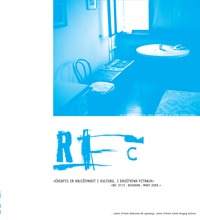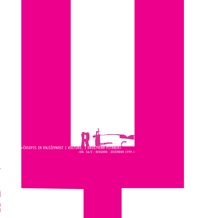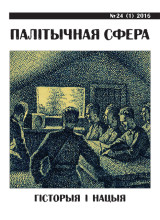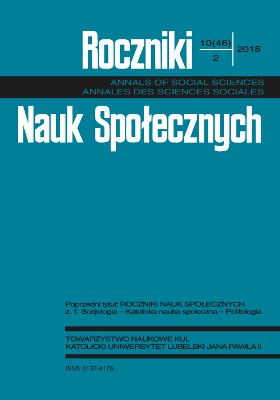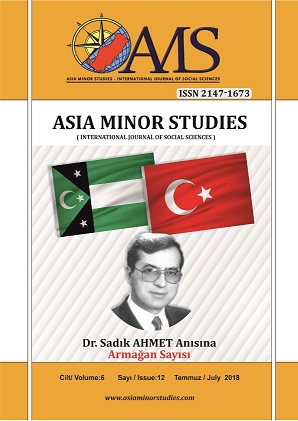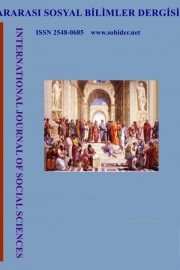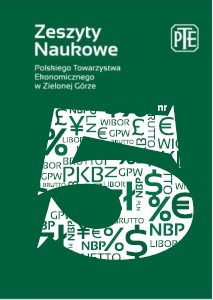
Rola srebrnej gospodarki w procesie łagodzenia skutków kryzysów gospodarczych
Economic crises are inherent to the functioning of the free market economy. However,every economic crisis different in some respect from one another, due to the fact that there are many factors that cause this phenomenon. In addition, the course and the impact of the crisis can be very different. One of the factors that may contribute to the economic recession may be disadvantageous demographic changes, including aging population. Aging can cause many negative consequences, like the labor market problems resulting from a decrease in the proportion of people in working age, the problems in the pension (retirement) system,resulting from the growth of outgoing transfers in relation to the size of transfers feeding the system. Aging of societies in developed countries is the fact demographers speak clearly about for two last decades. From the economic point of view, it is important to turn this situation of threat into an opportunity. The answer to the demographic changes can be the concept of silver economy, that postulates taking action towards satisfying the needs of the older part of the society by offering goods and services they need, while giving attention to the necessity of professional and social development of seniors beneficial to the society, on the other hand. The aim of this paper is to show the possibility of using silver economy to mitigate economic recession in its early stage. The paper also highlights the nature of economic crises, the essence of silver trend of the economy, followed by an analysis of the impact of aging from the perspective of the labor market. Investigations are performed by desk research of the author.
More...
